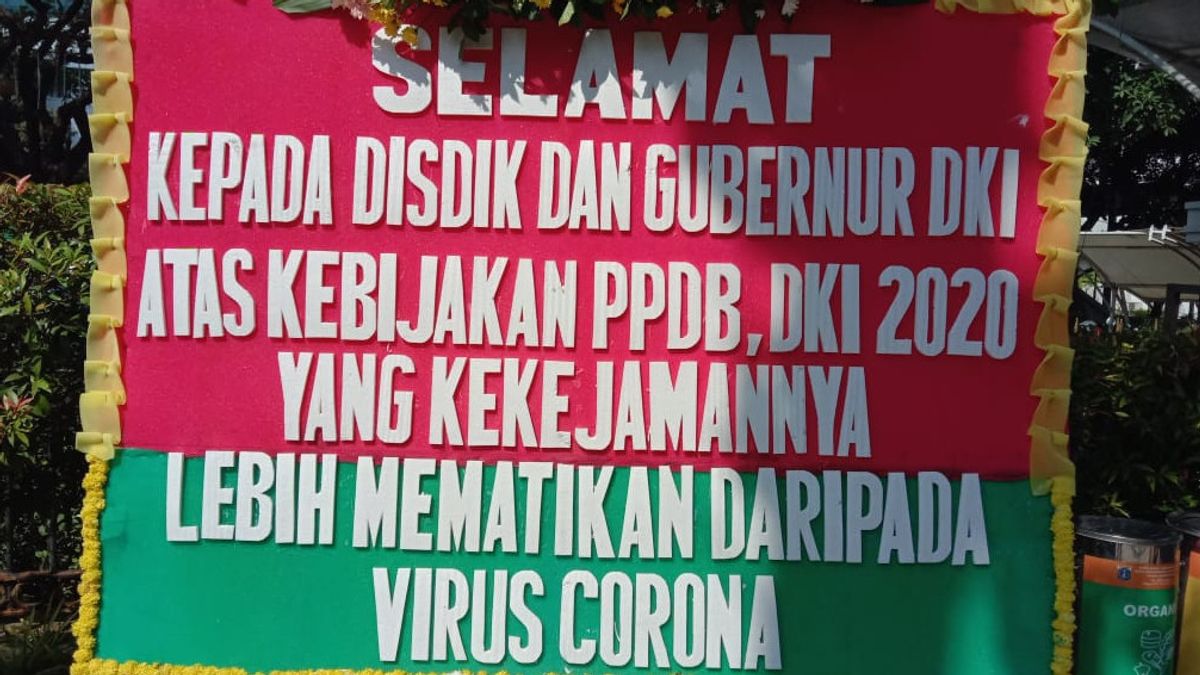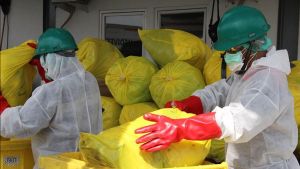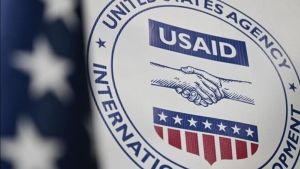JAKARTA - Although the process of admitting new students for schools in DKI Jakarta has closed, some parents still protest. This is because their children do not get to school through the zoning route due to the age requirement. Schools prefer students who are older, even though the house is further away from school.
Member of Commission E for People's Welfare at the DPRD DKI, Zita Anjani, assessed that the DKI Jakarta Provincial Government must be responsible for the burden of education costs for poor students. Because they are forced to enroll in private schools that require payment of admission fees.
"What we demand (education costs) for poor children. We ask for financing to enter the private sector for children who cannot afford it," said Zita at the DPRD Building, Central Jakarta, Monday, July 6.
Zita said, the DKI Jakarta Provincial Government must pay additional costs to help underprivileged students so that they can attend private schools. Zita said the DKI Provincial Government could use some of the unexpected costs prepared for handling COVID-19.
"There is emergency money, namely unexpected costs (BTT). In my opinion, the budget is better for schools. Handling COVID-19 can use BTT, why can't education?" cecar Zita who is also a PAN politician.
Separately, DKI Regional Secretary Saefullah asked all parties to understand that in this process, there would still be students who would not pass public schools. Although, DKI has added a new quota of 4 seats for each class of public schools to accommodate some students.
Based on data held by the DKI Provincial Government, there are still 64 percent of prospective 10th grade high school students and 67 percent of seventh grade junior high school prospective students who do not qualify in state schools and are forced to enroll in private schools.
Therefore, Saefullah asked the private sector to also help ease the burden of school fees for underprivileged students. "What we hope is the role of the private sector. So, the government and the private sector have a joint obligation to hold a study wajiab in DKI Jakarta," said Saefullah.
Meanwhile, to convince parents to want to send their children to private schools, the Head of the DKI Education Agency, Nahdiana, said that he would fix the polarized private education system, including education funding.
"We will also start fixing the private sector. No child should be hindered because he or she cannot pay admission fees. Then, there will be no more gaps to polarized schools, with homogeneity, the private sector will be equal to the state," said Nahdiana.
For the monthly fee for underprivileged students in private schools, the DKI Provincial Government will support the Jakarta Smart Card (KJP) program. "For families whose economies are not well off, the Provincial Government has intervened with KJP. Private and state children receive different KJPs because their KJP includes SPP," he concluded.
The English, Chinese, Japanese, Arabic, and French versions are automatically generated by the AI. So there may still be inaccuracies in translating, please always see Indonesian as our main language. (system supported by DigitalSiber.id)













